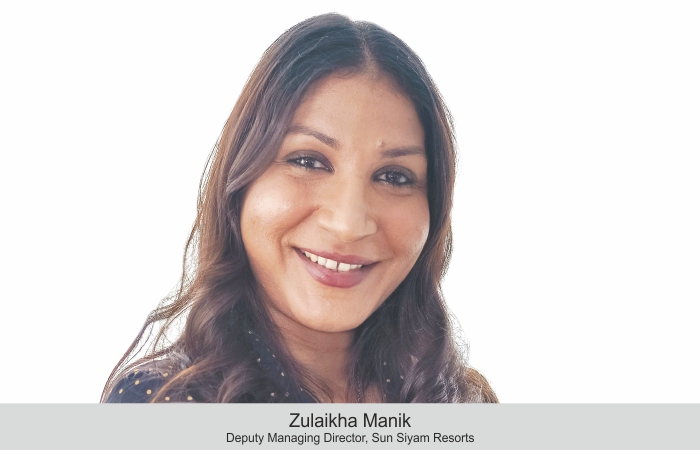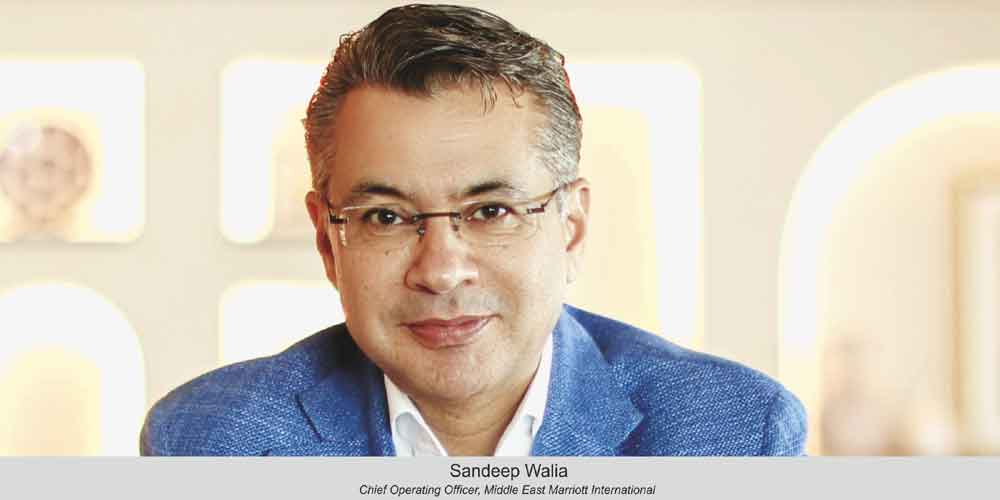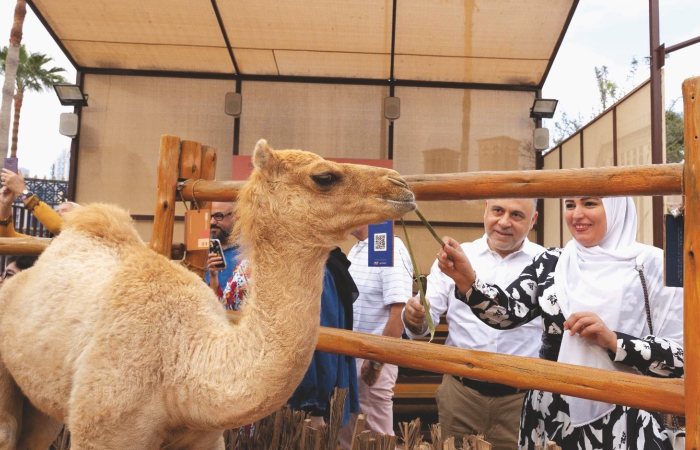The Gulf hotel sector is nothing if not resilient. Despite wars, political tensions, natural disasters and pandemics, the region has always managed to bounce back with new and better offerings for visitors from around the world, says Simon Allison, CEO of hotel owners’ alliance, HOFTEL, and organiser of GIOHIS.
Over the last decade, each country in the GCC focused on attracting tourists and created its own niche – Dubai is the central hub offering a little of everything and the best of retail and urban experiences; Abu Dhabi focused on cultural tourism; RAK and Oman on adventures and history and now Saudi Arabia will dazzle with both mega projects and world-beating environmental sensitivity.
To pretend there are no challenges ahead would be foolish. Covid may be in retreat by year-end as the global vaccine rollout progresses, but this year will see very diminished tourism numbers in every destination except for luxury, domestically-oriented beach and leisure markets. Supply remains an issue, with multiple hotel projects still ongoing. Many hotel owners will struggle to support their debt and need to come to an accommodation with their lenders, while also perhaps seeking to rebalance their relationships with their brands and operators. And too many countries in the broad region will still find themselves cut off by conflicts and regional tensions. Yet, if we look beyond 2021, there is much to be hopeful about.
The Middle East has opened up considerably, with settlements of some political disputes – as witnessed by the fact that at the 2021 Gulf and Indian Ocean Hotel Investors’ Summit (GIOHIS) in Ras Al-Khaimah, UAE, speakers will include Andrew Humphries, Acting CEO of Katara from Qatar; and Ronen Nissenbaum, President and CEO of Israel’s Dan Hotels. A more relaxed environment will also stimulate investment from new sources both into and out of the GCC.
Expo 2021 will showcase the UAE bringing a ray of sunshine to the end of the year and the start of 2022 while later in the decade, the opening of multiple new projects in Saudi Arabia will attract a new wave of cultural and leisure tourism. The return of travel will also boost the oil price and improve GCC economies.
Meanwhile, the hotel sector has created new efficiencies – according to P&L benchmarking firm Hotstats, labour costs per each room available in the UAE fell from over US$ 60 in December 2019 to US$ 41 in December 2020 – a fall of a third (although it has crept up from below US$ 30 per room in April 2020). Similarly, breakeven occupancy in Middle East luxury hotels fell from 30% to 27%. Hotels will be leaner and meaner coming out of this downturn.So, while there may be bumpy times ahead, the longer-term is full of promise and we can expect the GCC to reap its full share of any upturn.
GIOHIS takes place from 15th-16th November, 2021. For more information and tickets, please visit giohis.com.
 TravTalk Middle East Online Magazine
TravTalk Middle East Online Magazine





